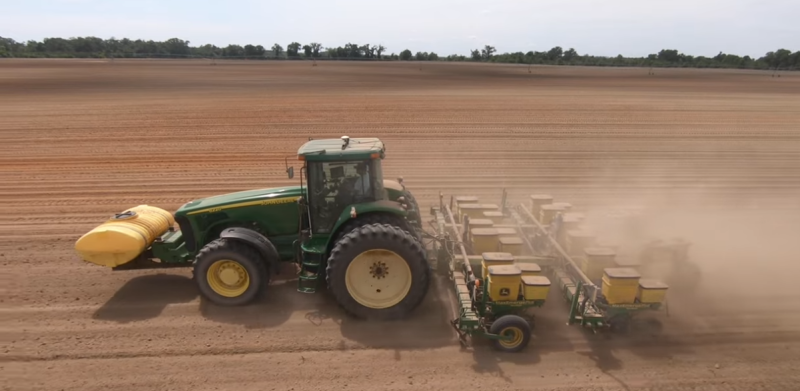
The Florida Right-to-Farm Act protects reasonable agricultural and complementary agritourism activities conducted on farm land from nuisance suits and other similar lawsuits. These conditions and activities include, but are not limited to, the marketing of farm products at roadside stands or farm markets; the operation of machinery and irrigation pumps; the generation of noise, odors, dust, fumes, and particle emissions; ground or aerial seeding and spraying; the placement and operation of an apiary; the application of chemical fertilizers, conditioners, insecticides, pesticides, and herbicides; agritourism activities; and the employment and use of labor. Source: Florida Right to Farm Act.
Paul Goeringer, Ag Legal Risk Management Extension Specialist, University of Maryland – Southern Ag Today, October 25, 2024
Each state has a right-to-farm law that protects agricultural operations from lawsuits that imply a farm as a nuisance. In many cases, these laws vary from state to state. Although the laws vary, decisions from other states often help us understand how these laws might be interpreted in other states. Two recent decisions out of Kansas and Maryland highlight what farms might want to consider when determining if their operation meets the guidelines in their states.
In Kansas, the state’s supreme court recently upheld the decision of the Court of Appeals of Kansas not to allow a hog operation to utilize the defense. The hog farm had expanded, and the new facilities required additional pipelines to be run in other fields to apply effluent from the operation. The operation never got permission from the neighboring landowners to run the pipelines along the county road. The Supreme Court of Kansas agreed that the easement for the road to the county only created a right to use the road and did not give permission to run pipelines along the right of way without the permission of the neighboring landowners. Because the Kansas right-to-farm law required the operation to comply with all laws, the operation could not use the law since they had committed trespass to put in the pipelines. That decision is in Ross v. Nelson (Kan., 2024).
In Maryland, a new farmland owner switched from using chemical fertilizers to a form of biosolids as fertilizer. Neighbors complained, and the Appellate Court of Maryland recently upheld the producer’s right to switch practices on the farmland and maintain the right-to-farm law protections. Maryland state law requires an operation to exist for one year to gain protection, and the court agreed that switching nutrient management practices did not reset that clock. The court pointed to legislative history, stating that the legislature should have fully understood that the one-year provision would allow operators to switch practices without resetting the one-year clock. That decision is In the matter of Cheryl Lewis, et al. and is currently being appealed to the state’s supreme court.
I realize many of you are not in those states, but those decisions will often remind producers that they need to understand what their state’s right-to-farm law requires to ensure the farm can utilize the defense if needed. If you do not know your state’s right-to-farm law, the National Ag Law Center has compiled a list of all 50 states.
–
Florida Right to Farm Statute
- Where Did That Weed Come From? The Importance of Weed Management Practices and Timings - December 5, 2025
- Sustainable U.S. Peanuts Kicks Off 2025 Crop Enrollment - December 5, 2025
- Grant Opportunity Available to Attend American Forage & Grassland Council Conference, Ashville – January 12-15 - December 5, 2025
